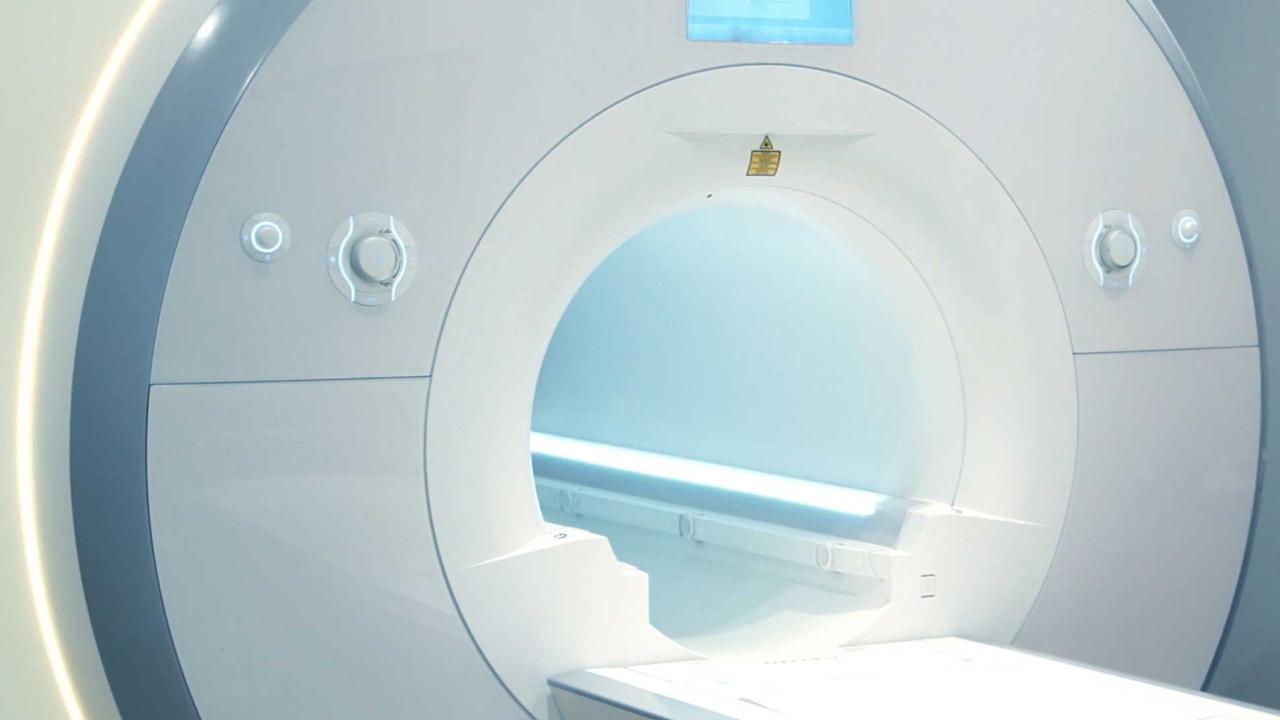
Medical imaging scans that create detailed images of the body’s internal structures are widely used in medicine. Doctors need them to detect and manage certain types of cancer, assess the extent of traumatic injuries, and diagnose and treat many other medical conditions.
But the scans, known as computerized tomography (CT) scans, use x-rays that expose patents to cancer-causing radiation. And there is concern that a diagnostic tool that has become deeply embedded in American medicine is sometimes overused.
A recent study estimated that up to 5% of all cancers may have been caused by CT scans, raising questions about when and how the technology should be used. The greatest risk is to infants, since they are growing rapidly and will live for the longest time after the exposure.
Andrew H. Ko, MD, a UCSF professor of clinical medicine and associate chief of the Division of Hematology/Oncology, says CT scans are often the best tool a physician has to evaluate a patient’s symptoms, and the risk of getting them is very modest overall. But patients should feel comfortable asking their doctors if a CT scan is absolutely needed and whether another technology that does not use radiation could be used instead.

Featured expert
Andrew H. Ko, MD
UCSF Professor of Clinical Medicine Associate Chief, Division of Hematology/Oncology
Are CT scans dangerous?
The take-home message should not be that CT scans represent a major danger and therefore need to be avoided at all costs. CT scans represent an important diagnostic tool for many conditions. In my field of medical oncology, for example, we rely on CT imaging for the diagnosis, management, and surveillance of patients with cancer.
It’s also important to recognize that CT scans use ionizing radiation to create images, and ionizing radiation — especially if the scan uses a high dose of radiation or a patient gets repeated scans — can damage DNA, creating mutations. This increases the lifetime risk of cancer to a modest degree. Therefore, it makes sense to consider when CT scans are really necessary, and when they might not be.
How should patients discuss CT with their doctor?
Patients should not hesitate to engage with their health care provider and discuss whether a CT scan is needed, what they expect to find or are trying to rule out by performing a CT scan, and whether any alternative means for diagnosing the problem might be equally reasonable — at least as the immediate next step before ordering a CT scan.
Should patients ask if alternative options like ultrasound or MRI are more appropriate?
In select situations, other imaging approaches may represent viable alternatives to a CT scan. Ultrasound and MRI, unlike CT scans, do have the advantage of not using ionizing radiation. However, they also have their limitations. Ultrasound images are typically less accurate, and they may miss important findings. They provide less anatomic delineation, and the quality of the images depends on who is performing the test. MRIs often will pick up incidental findings that are not clinically significant, and they are much more expensive than CT scans. They can be both claustrophobic and time-consuming.